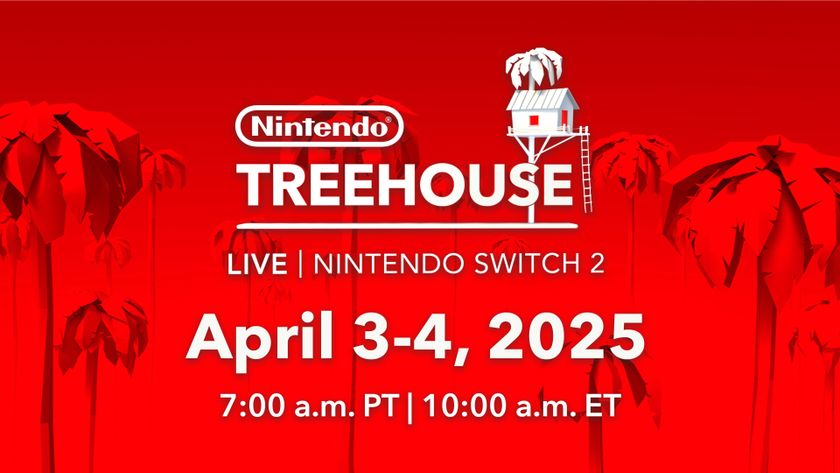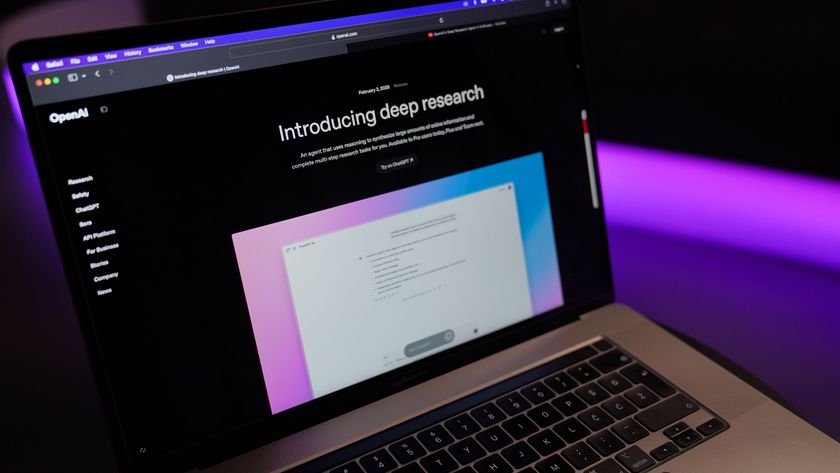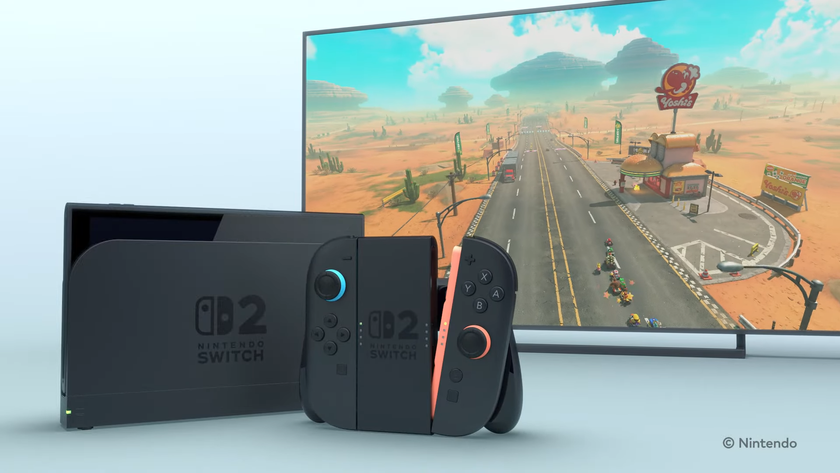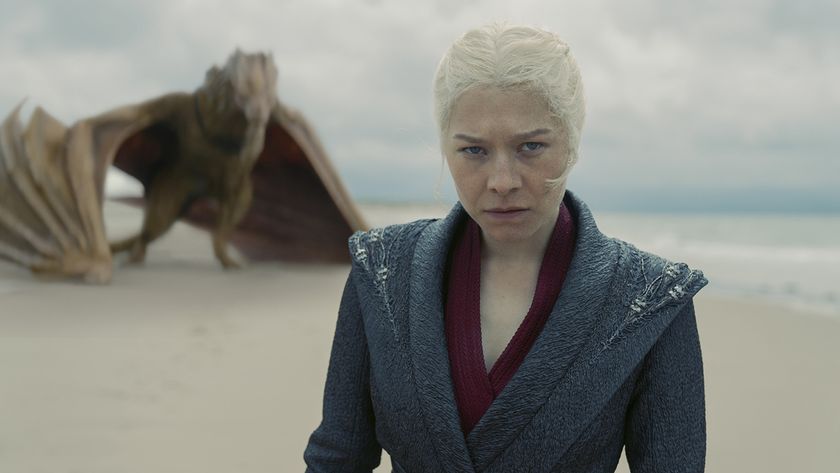Was EverQuest the greatest MMO ever made, and why is the answer 'Yes'?
It was always more than just a game
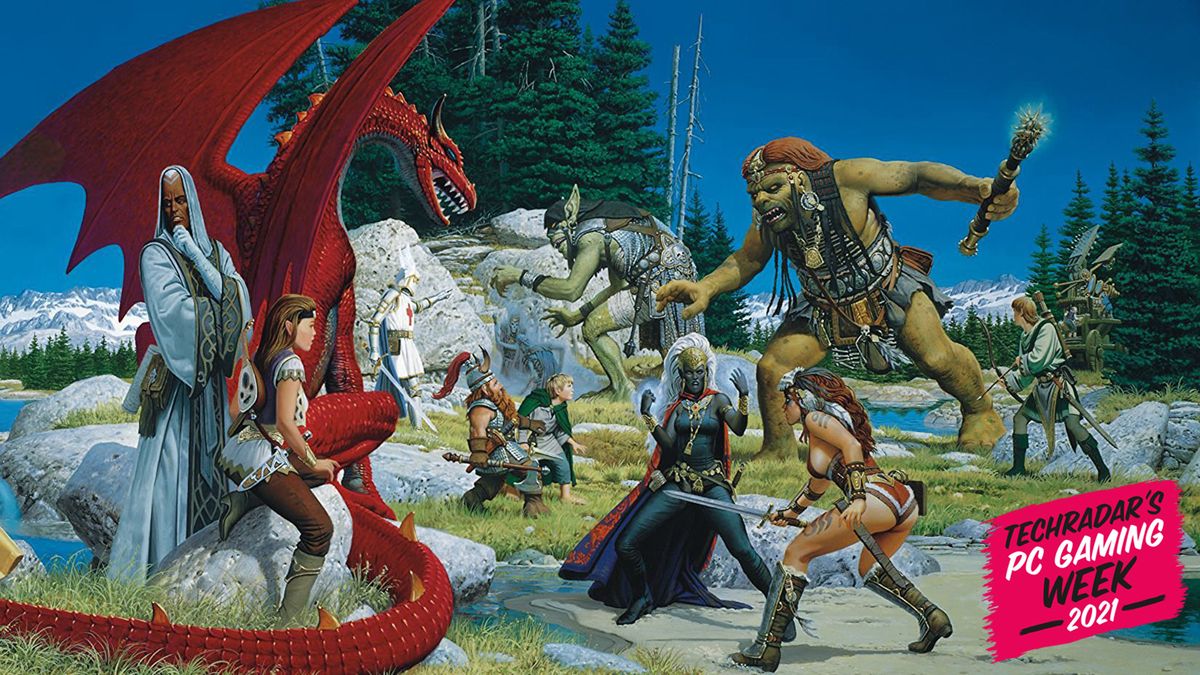
Now that TechRadar's PC Gaming Week 2021 has rolled around, I'm taking a point of privilege to go full-on geriatric millennial and speak over the young 'uns up front to the Great Old Ones in the back; away from the speakers because they've gotten too loud, away from the ranked PvP arena matches that have gotten too intense and complicated, and away from the assortment of Lua plug-ins that make our UIs look like Bloomberg terminals during a stock market crash.
To them, I plead across the zone, "Can I get a SoW?"
If your lips turned up into a grin of any kind, this space is for you. If you were a denizen of EverQuest's Norrath in that first year between 1999 and 2000, then you and I experienced something exhilarating, groundbreaking, and altogether unforgettable in a way those who came up after us can't ever really fathom.
You and I helped pioneer what it meant to play a high fantasy MMORPG in a 3D rendered world with thousands of other players for the first time in history, sure, but more than that, we are old enough to understand how monumental a cultural shift it was, even as it was happening.
Our tools were crude, our connections awful, and the game world itself couldn't even pass for "retro" gaming today, but there is no doubt in my mind that EverQuest was the greatest MMORPG that was ever – and will ever be – made. I'm willing to die on that (Orc) hill, no matter how long a corpse run I'll have ahead of me.
Loading. Please wait...
I am on the bleeding edge of the millennial cohort, born in 1981, and I'm old enough that my first video game console had unironic wood paneling. It's a cliché now to say that us elder millennials had an analog childhood and a digital coming of age, but it's no less true.
I was just about to head into middle school when my best friend's family signed up for Prodigy. When I was entering high school in 1995, you couldn't open a magazine without it throwing a free America Online CD or 3.5-inch floppy disk in your face.
Get daily insight, inspiration and deals in your inbox
Sign up for breaking news, reviews, opinion, top tech deals, and more.
I'm old enough that my first video game console had unironic wood paneling.
Ever since my family first got a Packard Bell Legend 300CD in the early 1990s, I was a die hard PC gamer, getting monthly PC Gamer magazines that came with a CD full of game demos (they were called shareware back then) for upcoming releases like BioForge and MechWarrior 2.
Both of these threads were coming together in the mid-90s but hadn't quite done so, yet. My family signed up for a premium online game service called ImagiNation Network at a cost of $9.95 a month for five hours of play time with every hour over that costing $2.95 an hour (the same billing scheme America Online initially used).
I quickly discovered its multiplayer dungeon crawler called The Shadow of Yserbius which featured a persistent character that you could use and level up in session after session, and played it nearly every waking moment I could – until my parents discovered their next credit card bill.
Other online MMORPG came through soon after, like Ultima Online, but with a user base as seemingly toxic as 4chan and bent on the casual spawn camping and murder of newbs in the starting area, it wasn't the kind of game you easily got into.
By 1998, the golden age of PC gaming started cresting with such luminary titles as Half-Life, Baldur's Gate, Unreal, and Grim Fandango, and those earlier threads were finally converging on the greatest online experience that may ever have existed.
EverQuest was an unimaginable world of possibilities
In March 1999, EverQuest's servers went live and the game went on sale in North America. A lot of us who saw the box on the rack in our local PC game store probably had no idea what it was when we picked it up, at least I didn't. But it promised a truly online 3D RPG experience with thousands of other players on a server for a flat monthly fee.
With America Online having gone from metered Internet access to unlimited just a couple of years earlier, for about $35 a month, you could have an unlimited run of a fully 3D rendered fantasy world full of magic, monsters, intrigue, and – most important of all – people.
Gamers with computers powerful enough for 3D graphics had up until that point largely only known either single player experiences or limited multiplayer ones. MMORPGs like Ultima Online and Meridian 59 existed, but even though the latter was technically 3D, there was nothing on the scale that EverQuest attempted and successfully pulled off.
It was the first game I ever owned that required a 3D graphics card or graphics accelerator. Not even Half-Life required that. For those of us who logged in for the first time in March and April, progress was glacial. It took me until just after graduating high school that June to make it past level 20 out of 50, but not for lack of playing.
All of us played nearly non-stop, giving rise to the half-joking EverCrack moniker. People, grown people with jobs and responsibilities, fell asleep at the keyboards in the middle of dungeons because they had been playing for a day and a half straight.
To us, the distance between Freeport and Qeynos was something we still understood in analog terms, not digital, and those early months of EverQuest's existence might have been the last time something like that was even possible.
We spent almost that entire time exploring the world that the developers had created, taking an hour planning how to attack a mob in the area that, when considered it with a right click to gauge it's level relative to our own, would print a menacing red message in the chat window asking "What would you like your tombstone to say?" You'd think we were storming Anzio.
Stepping across a zone border was fraught with anticipation for what lay just beyond the long pause while the server loaded you into the new area. Sometimes there was nothing, sometimes there was a hill giant right in front of you who would immediately aggro and kill you with a single blow. Sometimes this would happen in the split second between the moment you officially entered the zone and the moment when your overtaxed computer managed to render the scene to your CRT monitor, so you would simply zone in as a corpse while the mob that gutted you wandered nearby. It's a dangerous business going out your door, indeed.
My clearest memory though was saying goodbye to a good friend I'd made in those first couple of weeks in March and April. We'd spent countless hours together exploring the world, dying beside each other, and running half naked through the Desert of Ro on corpse runs after biting off more than we could chew.
We were saying goodbye because he was going to take a long trek across Antonica, Norrath's central continent, from the eastern human city of Freeport to the western human city of Qeynos, and we honestly didn't know if we'd hang out again.
If the experience of EverQuest in 1999 could be summed up in words, it would be this: to us, the distance between Freeport and Qeynos was something we still understood in analog terms, not digital, and those early months of EverQuest's existence might have been the last time something like that was even possible.
Forging our first online communities
Of course, we soon shook off our doe-eyed stupor at our new digital homes and started forging our online families and got down to the business of taking charge of the world. My friend made it to Qeynos after dying a whole bunch, but he explained to me that by wall-walking, anyone could make it through the higher level zones mostly unscathed.
Wall walking was a bit of a hack where you could climb the border-defining geography of a zone to get from zone transition to zone transition without aggroing too many higher level mobs. Wall-walking cut fatalities down considerably, and it was then that we realized that so long as we wall-walked through those higher level zones, there was nowhere we couldn't go in Norrath.
My first experience with a digital, online economy came at the end of a Mino Axe – the first substantial one-hander that hit for higher damage than your basic store-bought or trash-mob-looted weapons – farmed from Minotaurs and hawked for platinum over zone chat across at least two continents (no one really stuck around Odus, if memory serves).
New etiquette had to be developed in a world where anyone in your party could loot any corpse and nothing, absolutely nothing, was instanced...
Saving up the 10 platinum pieces (pp) to buy a Mino Axe so my paladin didn't disgrace his order in combat was a hellish endeavor since none of us really had any idea how to make money in EverQuest at that point (other than the players selling Mino axes, obviously), but we soon caught on to that as well. Once I got a Mino Axe for a steal at 7.5pp I watched the price of Mino axes collapse to nearly half that after everyone figured out where Mino axes came from and farmed the hell out of them.
New etiquette had to be developed in a world where anyone in your party could loot any corpse and nothing, absolutely nothing, was instanced and whichever group got in the first hit on a mob got to loot it. If a rare-ish caster spawn in Befallen had an uncommon probability drop (i.e., a Damask Robe) that you'd been waiting for hours to get, another party creeping into the room after the same drop could and usually did lead to conflict.
And since the developers disabled PvP combat by default on most servers, it's not like you could just settle the right to kill something through combat. We had to lay down rules and enforce it through social stigma.
I still remember the names of some of the thieving bastards who stole my kills (Dolonan) and other ne'er-do-wells from Blackburrow to Crushbone. There were people you knew you couldn't group with because they would ninja loot a boss and quit the party before you even knew what they were doing.
There was also my first guild, a roleplaying outfit called Knights Templar, which got into controlled skirmishes with another RP guild populated by the "evil" races of EverQuest: the trolls, the ogres, the Dark Elves, and necromancers of all sorts. It was also one of my first introductions to the idea that you could play more than one role in life, as the player base for the two guilds was almost entirely the same.
It's a strange thing, growing old with the internet
I fell off in college after a great bunch of Texans taught me how to drink and an even better English professor taught me poetry, and I have never had the heart to go back to Norrath
EverQuest, after 22 years and 25 expansions, is still going. I'm sure that for the tens of thousands of active subscribers the game still has after all these years, the game is full of meaning and memories. Some have probably been there this whole time.
I fell off in college after a great bunch of Texans taught me how to drink and an even better English professor taught me poetry, and I have never had the heart to go back to Norrath, even though I've always wanted to. It's only as I have gotten older that I realize why I couldn't.
Norrath could never be the same experience as it was for us back in 1999, when things were uncharted and the excitement of it all was exploring a kind of world no one had ever seen before to discover its rules and map its boundaries – and in many ways be defined by the experience, whether we knew it at the time or not.
EverQuest marked a transition for many of us between a more insular analog world with a deeply interconnected digital one; between a time when when online games were 15-minute long matches, played with offline friends over dial-up connections, after which the world was restored to the status quo ante, and a time when we inhabited online worlds that persisted outside of ourselves, and where connections both good and bad could be forged in the absence of physicality.
For our younger siblings and children, they have always inhabited the latter world, or at least they will always remember having inhabited it. Going on 40, not only do I remember the former, I can see where the transition happened; I can clearly remember the experience and feel the mark it left on me.
Because the two halves of my life are so cleanly split by the emergence of the Internet, something so long in the making but which has an inflection point of so few years in the late 1990s, it's as close as I think I can ever come to watching myself age through experience.
For so many of us, no matter how old we might have been when it happened, no experience is as tied to that transition as logging into EverQuest, and in the process, setting foot in an entirely new world than the one we had known our entire lives.
No other MMO, no matter how good, will ever be able to say the same.
- That doesn't mean the best MMO games going right now aren't worth playing though!
- Welcome to TechRadar’s PC Gaming Week 2021, our celebration of the greatest gaming platform on Earth. Despite the global pandemic and ongoing GPU shortages, PC gaming has never been more vibrant and exciting, and throughout the week we’ll be reflecting this with a selection of in-depth articles, interviews and essential buying guides.

John (He/Him) is the Components Editor here at TechRadar and he is also a programmer, gamer, activist, and Brooklyn College alum currently living in Brooklyn, NY.
Named by the CTA as a CES 2020 Media Trailblazer for his science and technology reporting, John specializes in all areas of computer science, including industry news, hardware reviews, PC gaming, as well as general science writing and the social impact of the tech industry.
You can find him online on Bluesky @johnloeffler.bsky.social




